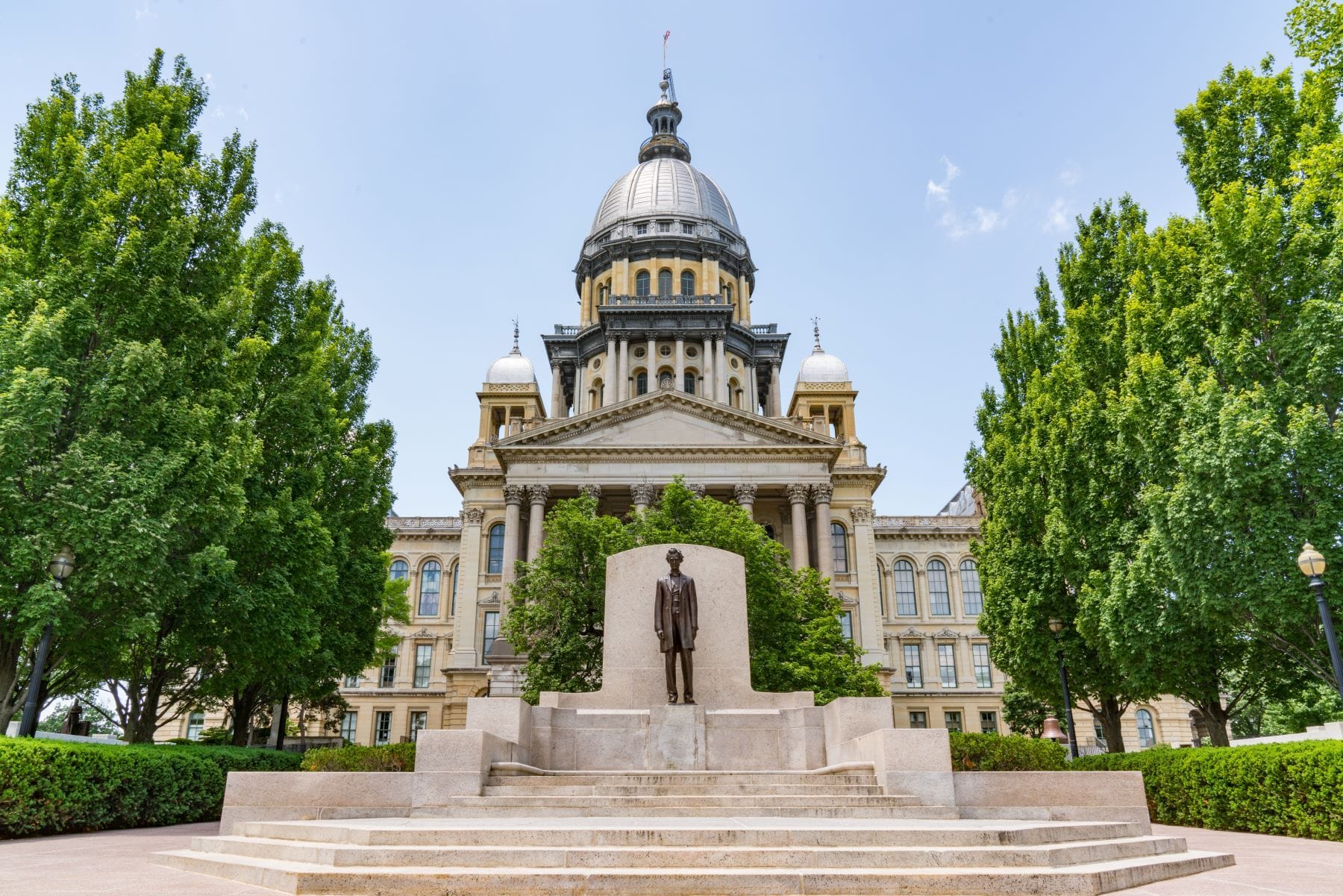Illinois Expert Witness Rules: What Litigators Need to Know
Mastering Illinois expert witness rules means navigating nuanced disclosure, discovery limits, and Frye admissibility—timing, detail, and strategy are everything.
Updated on
In this article
Understanding Illinois expert witness rules is essential for attorneys preparing for litigation. From the designation process to discovery limitations and admissibility standards, the state follows a combination of civil procedure rules and case law that shape how experts are handled in court. Attorneys practicing in Illinois must be mindful of both statewide rules and local court variations to ensure compliance and avoid having expert witness testimony excluded.
Designation Requirements
Illinois requires that parties disclose expert witnesses who will testify at trial. Under Illinois Supreme Court Rule 213(f), each party must provide the identities of witnesses, including controlled expert witnesses—those retained to give opinion testimony.
Controlled experts are distinct from independent or treating experts. If a witness is retained specifically for litigation, such as a consulting engineer or economist, they must be disclosed with additional detail, including the subject matter of testimony and their conclusions.
Expert Disclosure Process: Illinois Supreme Court Rule 213
Illinois Rule 213(f)(3) governs the disclosure of controlled expert witnesses and mandates a written report. This disclosure must include:
- The expert’s name and qualifications
- The subject matter of testimony
- The conclusions and opinions they are expected to offer
- The bases for those opinions
- Any reports prepared by the expert
- A summary of the facts and opinions to which the expert is expected to testify
Uncontrolled experts—such as treating physicians who form opinions in the regular course of treatment—must still be disclosed under Rule 213(f)(2), but do not require a detailed report.
Required Declarations
Illinois does not have a requirement for formal expert declarations akin to the federal Rule 26(a)(2)(B). However, courts expect thorough disclosures in compliance with Rule 213(f)(3), and failure to adequately disclose an expert's opinion may result in exclusion of that testimony.
Fees and Compensation
Illinois courts allow experts to be compensated for their time. Under Illinois Supreme Court Rule 204(c), if a party seeks to depose another party’s controlled expert, the party seeking the deposition must pay a reasonable fee for the expert's time. This includes time spent preparing for and attending the deposition.
In practice, what constitutes a “reasonable fee” can vary depending on the expert’s field, credentials, and the complexity of the subject matter. Parties are encouraged to negotiate the fee in advance to avoid disputes, and if disagreements arise, the court may intervene to determine a fair rate. It’s also worth noting that courts may deny a motion to compel an expert’s deposition if the requesting party refuses to pay a reasonable fee, making compensation an important logistical and strategic consideration in expert discovery.
Discovery Scope and Limitations
Discovery of expert materials in Illinois is more limited than in federal court. Under Rule 201(b)(3), draft reports and communications between counsel and the expert are generally protected from disclosure, with some exceptions. Parties may obtain discovery about the facts and data relied upon by the expert, but not necessarily all notes or communications unless they directly relate to the opinions expressed.
Admissibility Standards
Illinois follows the Frye standard for expert testimony. Under the Frye v. United States test, expert opinion based on scientific techniques is admissible only if the methodology is “generally accepted” in the relevant scientific community.
The Illinois Supreme Court reaffirmed its adherence to the Frye standard in Donaldson v. Central Illinois Public Service Co., rejecting the broader federal Daubert standard. Therefore, challenges to expert testimony in Illinois typically focus on the novelty and acceptance of the methodology used rather than the reliability of its application.
When evaluating the admissibility of expert testimony under Frye, courts in Illinois will typically consider:
- Whether the technique or methodology has gained general acceptance in its relevant scientific field
- Whether the expert is applying the method consistently with how it is used in practice
- Whether the expert's conclusions rely on speculative or novel science
- Whether the opinion is based on sufficient facts or data, even if the methodology is accepted
- Whether the subject matter is beyond the understanding of a lay jury, making expert input necessary
Experts offering opinions based on personal experience or non-scientific fields may not be subject to Frye analysis but must still demonstrate relevance and reliability under general evidentiary rules.
Key Deadlines & Strategy Notes
Deadlines for expert disclosures are typically set by case management orders or local court scheduling. Attorneys should pay close attention to these deadlines—late disclosures or incomplete expert reports can result in preclusion.
Strategically, parties should aim to disclose experts early enough to allow for discovery and depositions, particularly in complex cases. Additionally, preserving the privilege of communications and draft reports is critical, so coordinating with experts on documentation practices can help avoid unintentional waiver.
State-Specific Statutes & Local Rules
In addition to the Illinois Supreme Court Rules, many judicial circuits in Illinois have local rules that supplement or modify disclosure requirements. For instance, Cook County's Law Division has standing orders and forms that guide expert discovery and deposition scheduling.
Practitioners should consult both state rules and local court rules in the venue where the case is pending to ensure compliance.


